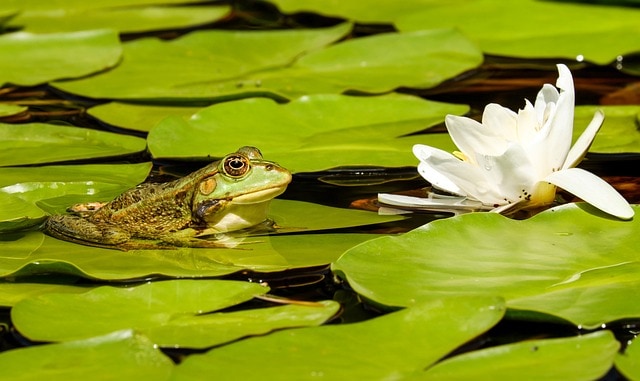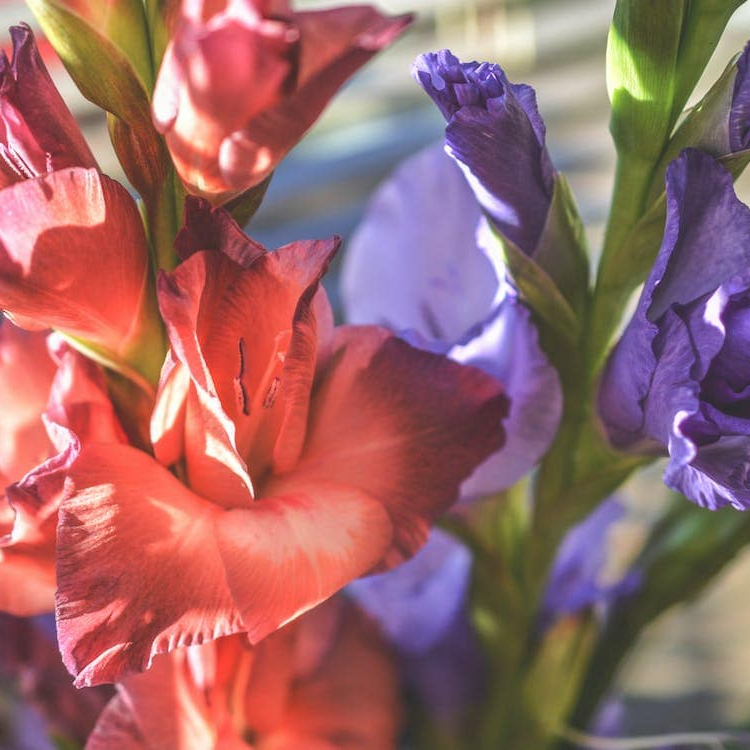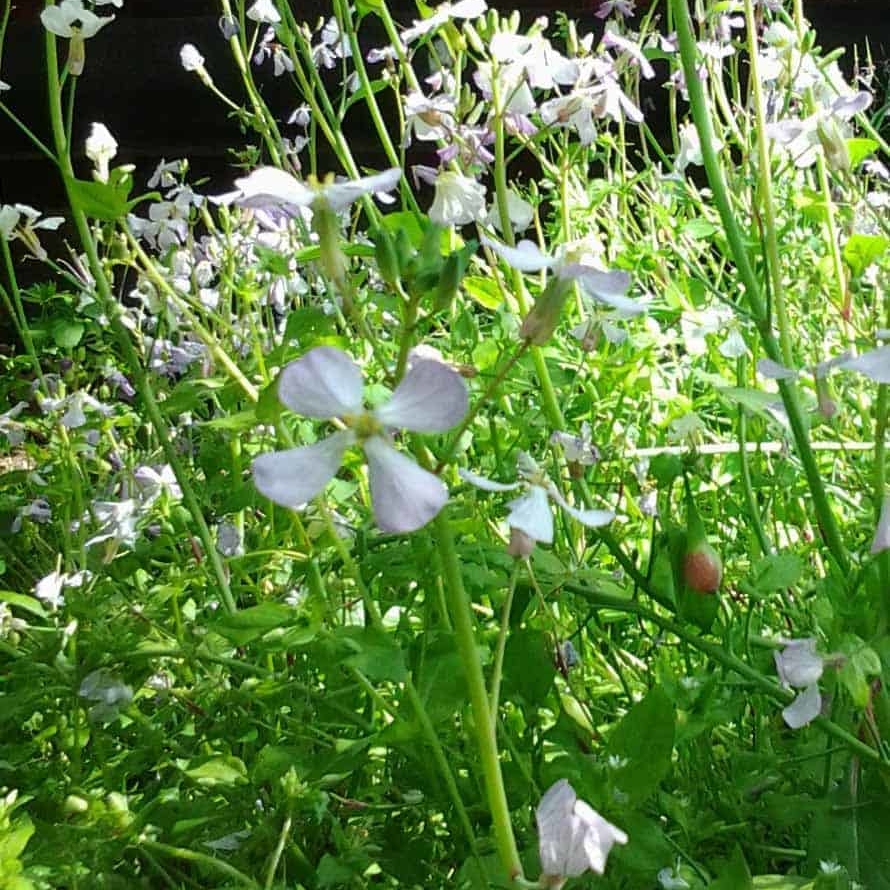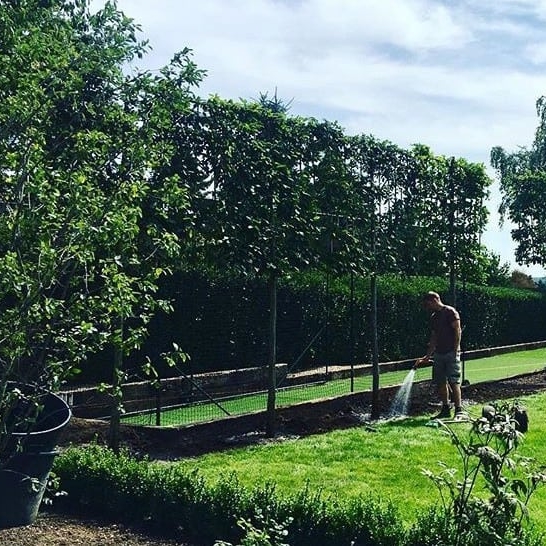Healthy ponds: How to avoid invasive water plants

Introducing invasive water plants to your pond can create a problem that can be difficult and costly to tackle. Furthermore, using invasive water plants. As gardeners we can take several proactive measures to prevent the introduction and spread of these plants in ponds or water features. Invasive aquatic plants can be harmful to native species and ecosystems. It is essential to be responsible when selecting and maintaining aquatic plants.
Top tips to help to avoid invasive water plants
- Research plant species: Before adding any aquatic plant to your pond or water feature, thoroughly research the species to ensure it is not listed as invasive in the UK. The Royal Horticultural Society (RHS) or the UK government’s Non-Native Species Secretariat (NNSS) websites are good resources for this information.
- Buy from reputable suppliers: Purchase aquatic plants from reputable British nurseries or garden centres known for selling non-invasive species. Check with the seller to confirm that the plants are not invasive.
- Ensure plants are not invasive by checking the labels or descriptions. Labels often include information about the plant’s invasive potential.
- Choose native plants: Whenever possible, opt for native aquatic plants. Native species are better adapted to the local environment and are less likely to become invasive.
- Avoid dumping plants in the wild: Never dispose of unwanted aquatic plants or pond material in natural water bodies, as this can lead to the spread of invasive species. If you need to get rid of plants, compost them or dispose of them properly following local guidelines.
- Regular maintenance: Keep your pond or water feature well-maintained. Remove any plants that show signs of being overly aggressive or invasive, and replace them with non-invasive alternatives.
- Be cautious with water movement: Prevent the unintentional transfer of invasive plant fragments by being cautious with water movement between different water bodies.
- Report invasive species: If you come across a plant that you suspect is invasive or not native to the area, report it to the local
By following these guidelines, gardeners can help prevent the introduction and spread of invasive aquatic plants. This saves you a headache and contributes to the conservation of native ecosystems.
Owen Hayman
Owen joined the Bestall & Co planting and aftercare team in spring 2019. He is an RHS qualified horticulturist, holding a full Level 3 Diploma in Horticulture, and recently came in the top 3 at the Northern Regional Final of The Young Horticulturist of the Year 2019. After first doing a foundation diploma in Fine Art, he went on to gain a degree and masters in Plant and Soil Science from the University of Sheffield in 2014. Owen worked as a researcher on various field research projects in Alaska, Panama and Borneo. When not away in the field, he became obsessed with visiting gardens and nurseries across the British Isles and the Netherlands, developing his own garden, and then taking on a walled allotment garden as a personal project. He realised his true passion was in horticulture, and so moved away from academia and into the world of specialist plant nurseries and professional gardening.
Owen is now studying the Wisley Diploma, but continues to write articles for us on a monthly basis, and we're delighted to maintain contact with such a passionate and knowledgable plantsman.



